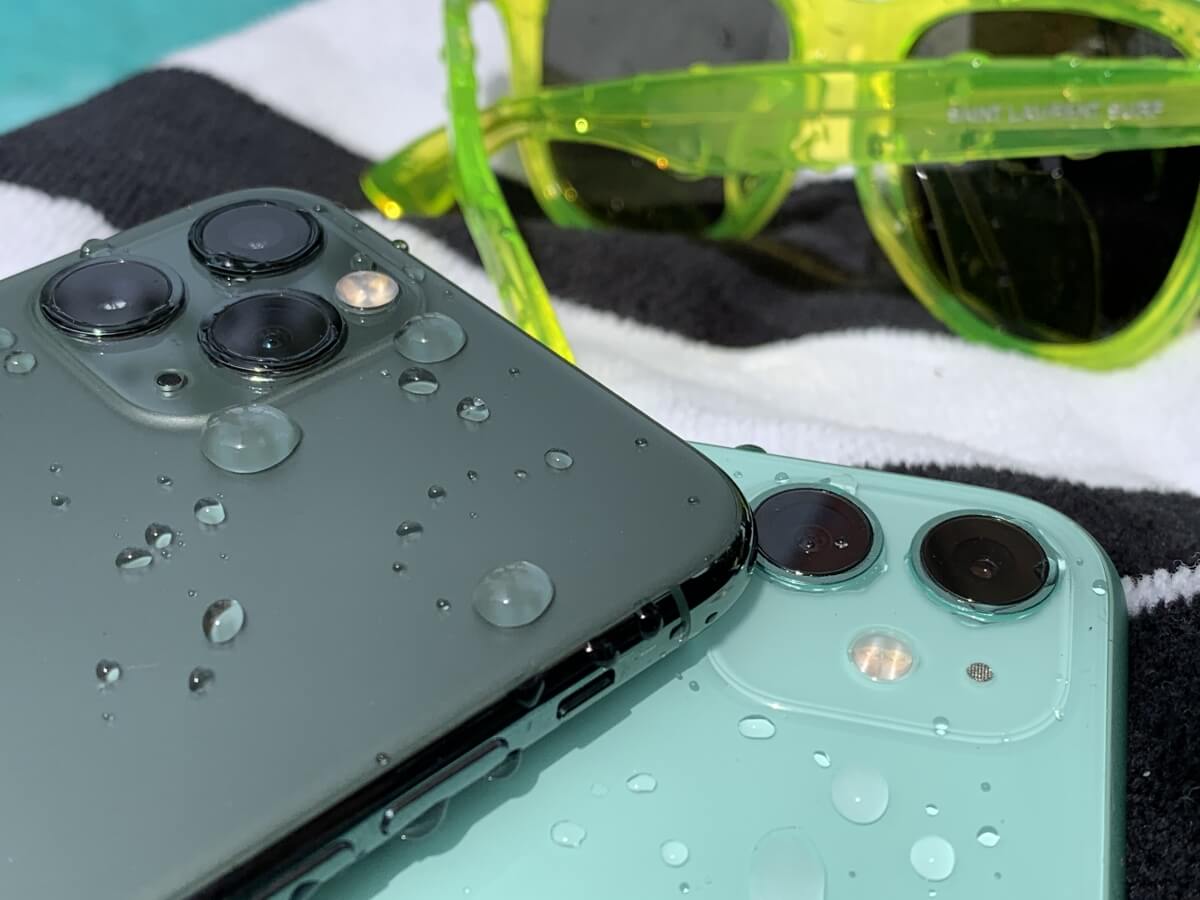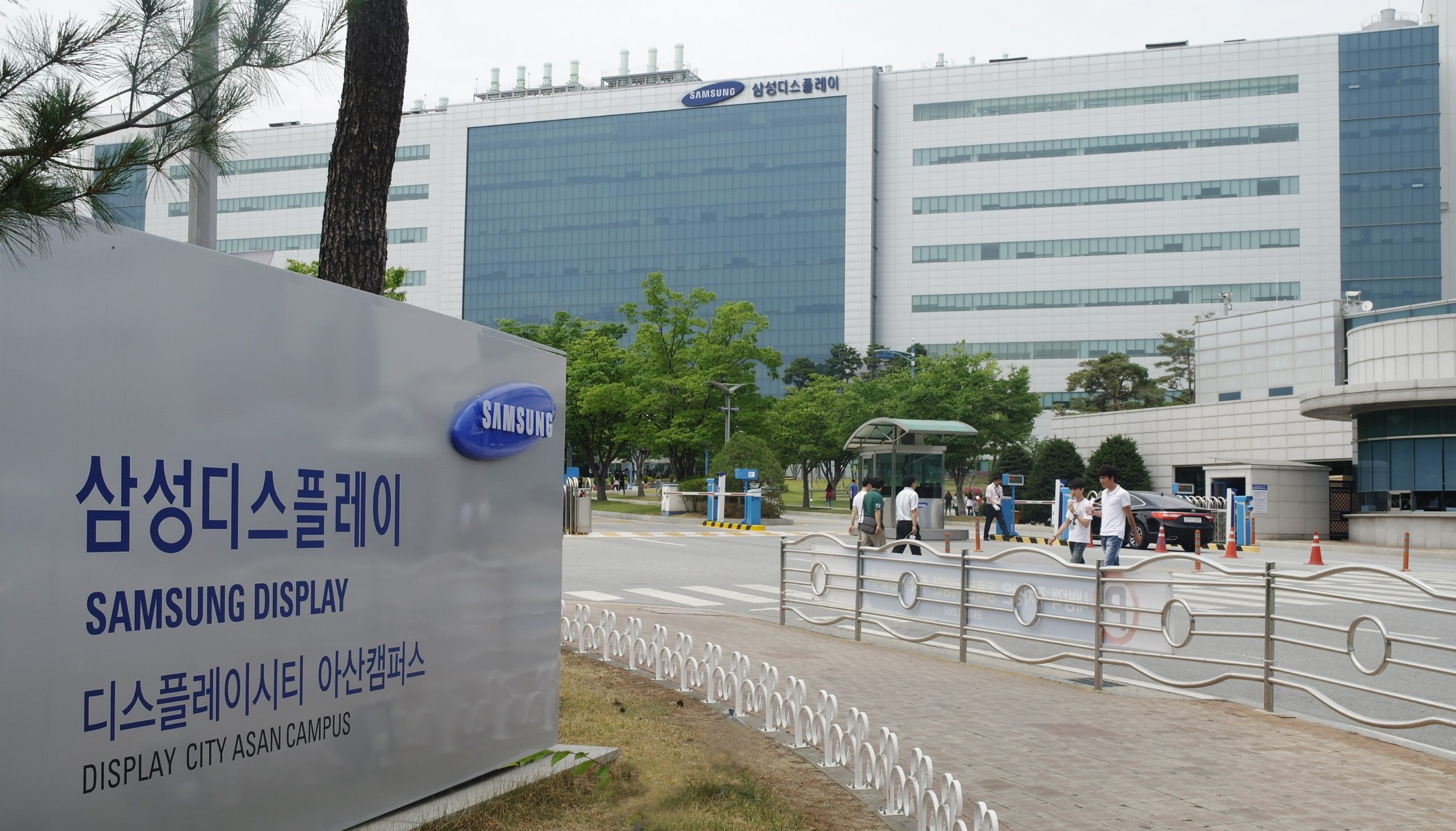In a nutshell: Lower than expected iPhone sales will have disappointed Apple, but Samsung reaped the benefits. Not selling enough handsets meant Cupertino ordered fewer OLED panels than its contract with Samsung stipulated. As such, Apple had to pay its rival a penalty of around $950 million.

In last month’s earnings guidance, Samsung predicted that its operating profit rose 23 percent for the three months ending in June, and that was despite a 7.4 percent year-on-year decline in sales. The Korean giant noted that the figures included a one-off gain in its display business.
While Samsung never revealed which customer made the payment or the amount, Apple was believed to have handed around $750 million to Samsung Display after purchasing fewer OLED panels than contracted. But according to a report from DSCC, that figure was actually “closer to $950 million.”

“The Apple payment likely turned what otherwise would have been an operating loss for display devices into an operating profit,” the report reads.
This isn’t the first time Apple has failed to fulfill its OLED contract with Samsung Display. The same thing happened in the second quarter of last year following poor sales during the 2018 holiday season, resulting in a penalty thought to have been around $683 million. As noted by 9To5Mac, Apple is unlikely to have paid cash in that instance; instead, it would have placed extra orders to the point where Samsung’s profit was equal to the fine. It’s unclear whether that was also the case this year.
The Covid-19 pandemic has affected smartphone manufacture and demand, with sales expected to reach a ten-year low in 2020. We’ll find out how hard store and factory closures hit Apple during its earnings call on July 30.
https://www.techspot.com/news/85982-apple-handed-almost-1-billion-samsung-after-failing.html